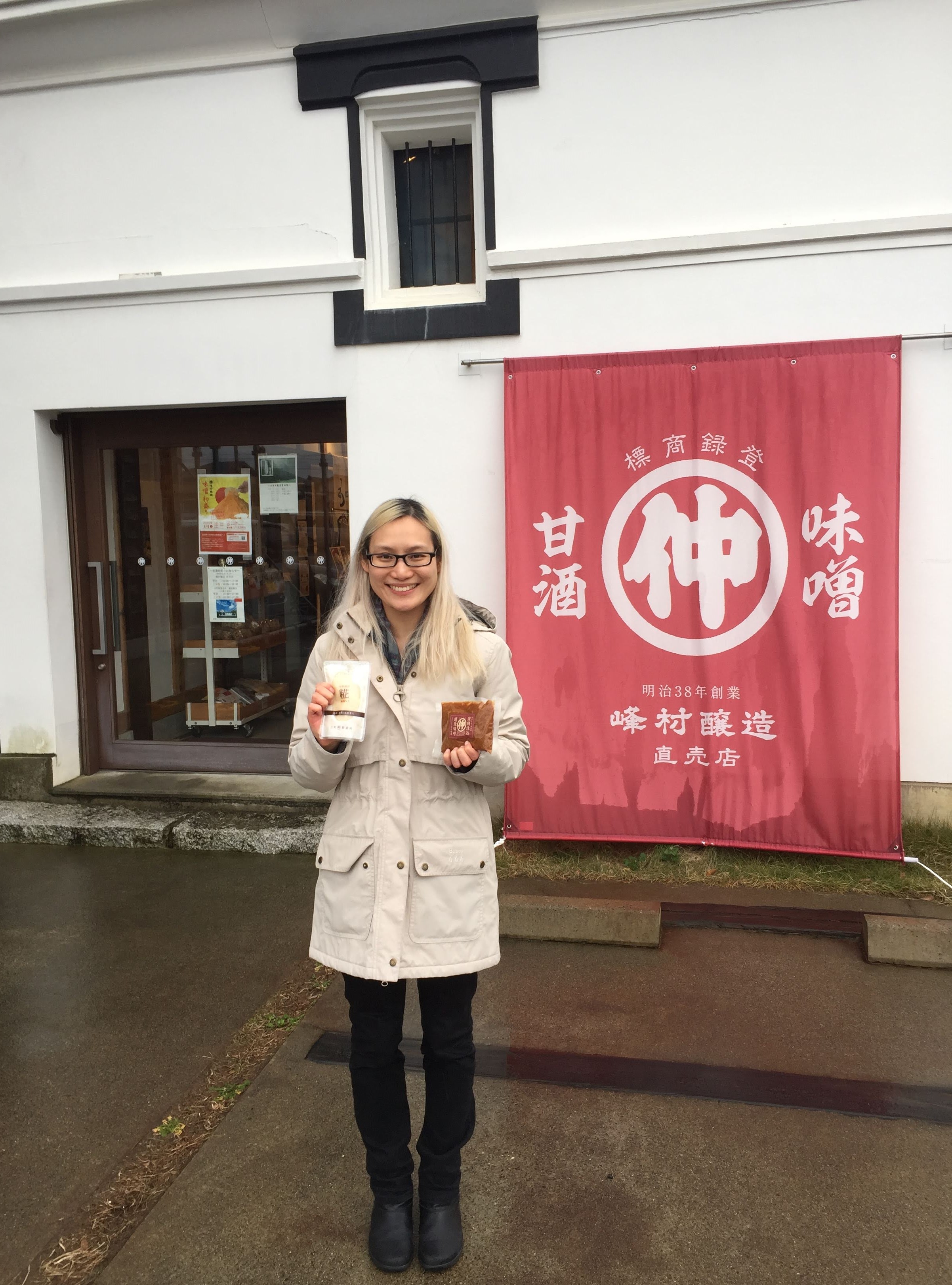About Victoria Lee
Science Historian
Victoria Lee is an associate professor in the History Department. She is a historian of modern science and technology, with a focus on the role of Japan in the 20th and 21st centuries. Her book, The Arts of the Microbial World: Fermentation Science in Twentieth-Century Japan (Chicago 2021) looks at Japanese society’s engagement with microbes in science, industry and environmental management. It explores how fermentation expanded beyond small-scale traditional manufactures to take special prominence in food, resources, and medicine, addressing scientists’ and technicians’ role in defining the texture of everyday life and material culture as an aspect of political economy. In doing so, it demonstrates that knowledge of microbes lay at the heart of some of Japan’s most prominent technological breakthroughs in the global economy. The book was awarded the 2023 International Convention of Asia Scholars Book Prize for the Best Book in the Humanities .
Lee is currently exploring how twentieth-century microbial history offers precedents for approaching questions of sustainability in the twenty-first century, in light of the growing appreciation of microbes' role in sustaining organisms at every level of life through the microbiome, mediating climate change (especially in agriculture), and contributing to innovations in green chemistry.
Before coming to Athens in 2016, Lee was a postdoctoral fellow at the Max Planck Institute for the History of Science in Berlin, Germany. She was subsequently a 2020–21 fellow at the Paris Institute for Advanced Study, where she organized the public event Our Microbial Lives: A Forum Against Eradication . Her work has appeared in the Los Angeles Review of Books , NPR’s All Things Considered , and Mediapart . She is the director of the Technology and Society Certificate. In 2021 she received Ohio University’s Arts & Sciences Outstanding Faculty Research, Scholarship, and Creative Activity Award, and in 2024 she received the Emerging Presidential Research Scholar Award. She is a native of Toronto, Ontario.


